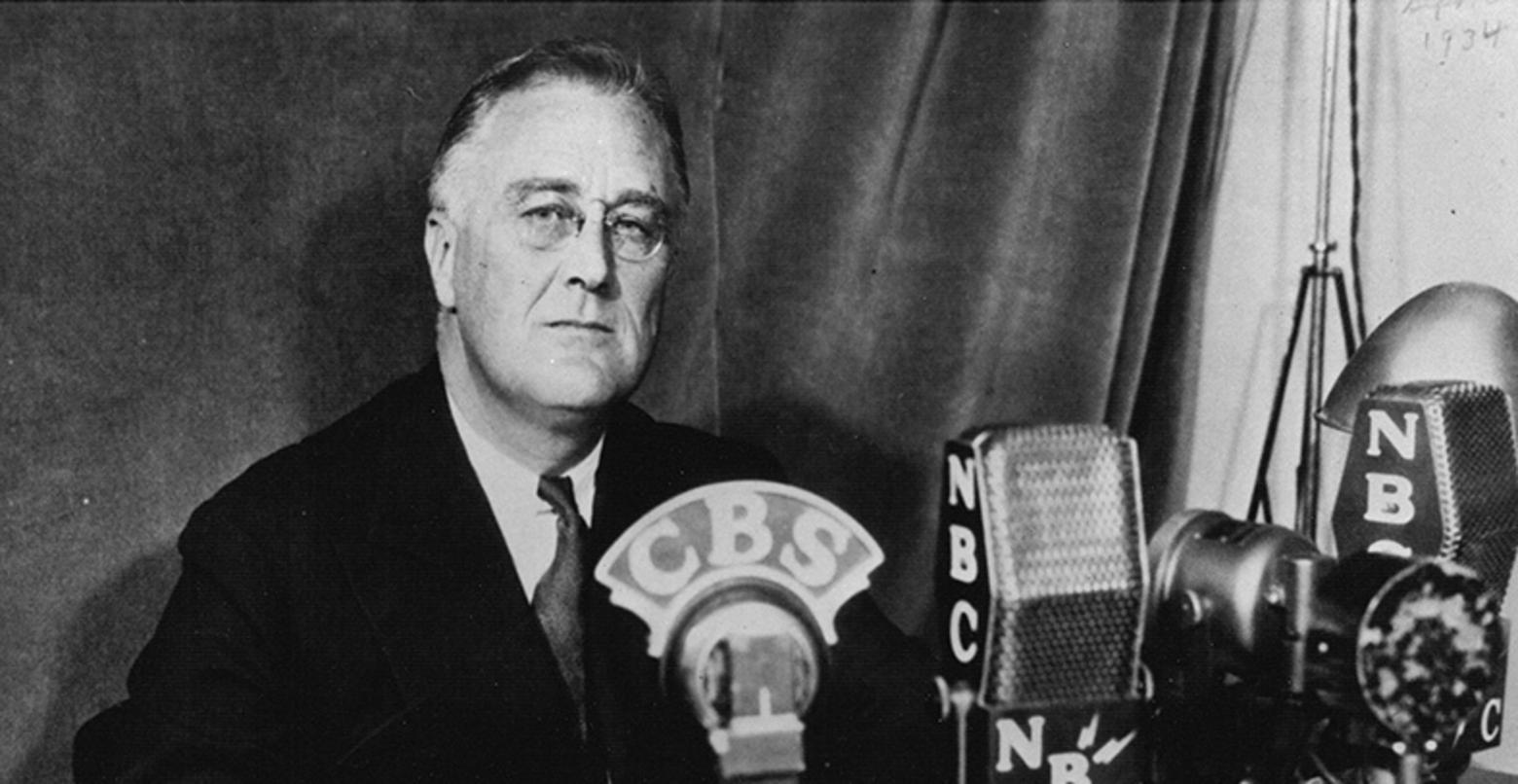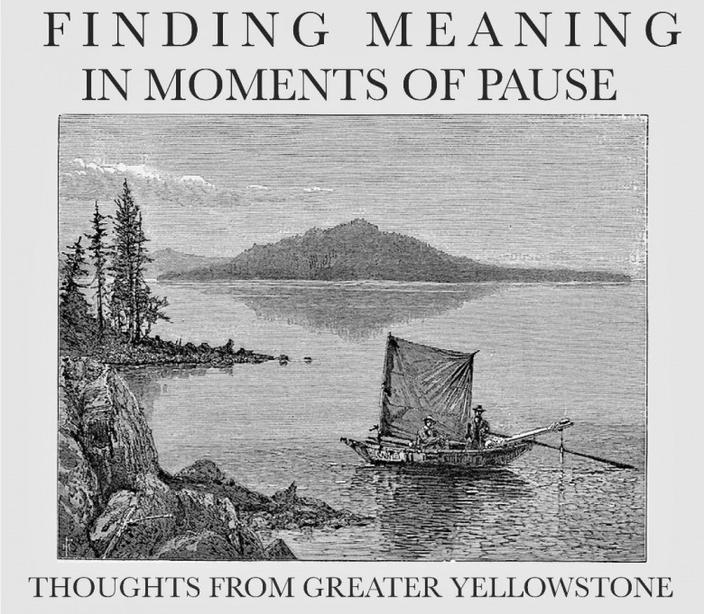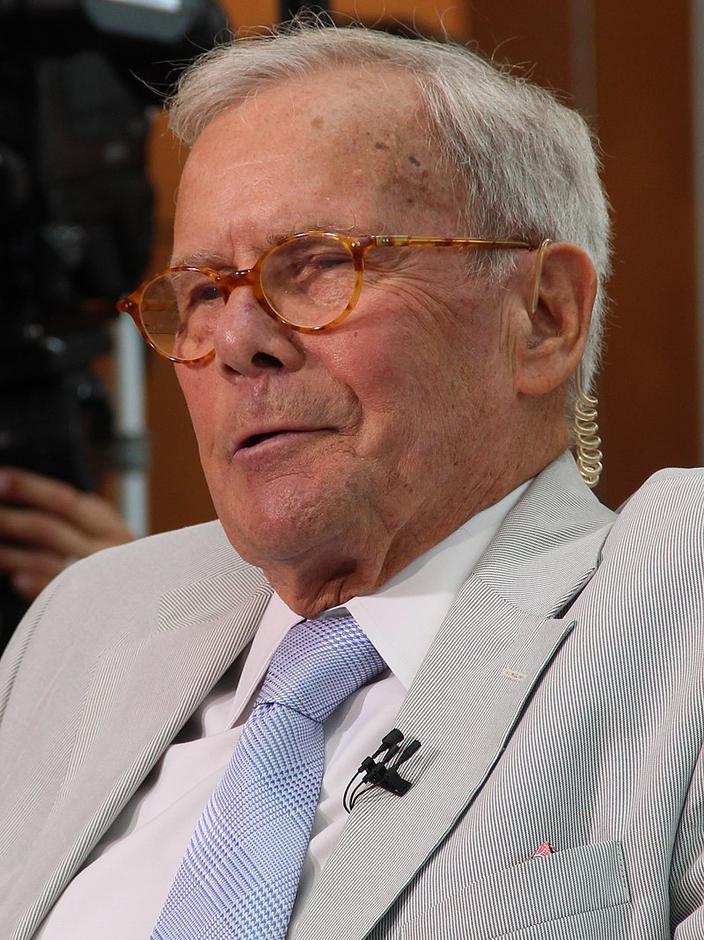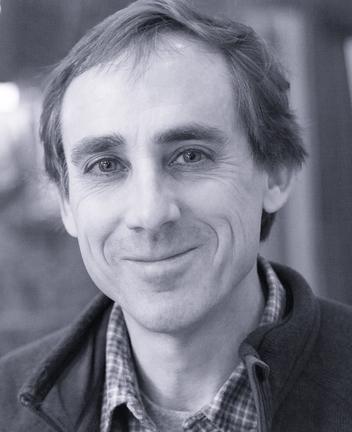Back to StoriesTom Brokaw Says More Than Ever We Need A National Leader
March 25, 2020
Tom Brokaw Says More Than Ever We Need A National LeaderLegendary NBC newsman and longtime Greater Yellowstone resident reflects on values of 'The Greatest Generation'
In this surreal span of battening down the hatches, I’ve surrounded myself with books that might offer context for what we’re experiencing. One volume on the desk, full of bent pages and scribblings in the margins is Tom Brokaw’s best-selling The Greatest Generation.
It provides grounding and this week I reached out to Brokaw by email to pose a question: “How might members of the Greatest Generation and those who shaped its thinking have responded to the current coronavirus pandemic?”
To readers who delight in the elder put-down meme “Ok, Boomer,” we’re not talking about the perceived self-absorbed Baby Boomers (born circa 1946-1964) of my generation; we’re talking about their parents.
It was their generation that confronted uncertainty, hardship, worry, distress and had the sense that the world they knew was coming to an end.
Who were they? As expected, Brokaw sent a thoughtful reply:
“The Greatest Generation was formed first by the Great Depression. They shared everything— meals, jobs, clothing. They arose out of a clear and present threat to our very existence —and the call to arms by the Commander in Chief who rallied political allies and opposition alike.”
He went on, noting “the great difference between then and now is in the quality of the leadership. FDR [that’s Franklin Delano Roosevelt, the President] mobilized America with his eloquent rhetoric and candid assessment of the challenge before us. He united us—not divided us. President Trump might serve us all better if he worked harder at unification instead of insisting the spotlight be on him 24-7.”
Brokaw says the finest leaders are minted when they demonstrate character during periods of profound adversity. It's how they earn admired places in history. While his observation would make news in any national publication, and his was offered for context not as a partisan jab, the reason for sharing it here is because he identifies as a Westerner.
Just as some readers may not be conversant with the lessons in selflessness of the Greatest Generation who served during WWII, they might not appreciate the role that Brokaw played in millions of American living rooms around dinner time.
Of all the regions he has a fondness for—and there are many—Tom and his wife, Meredith, feel some of their strongest affinity for the Greater Yellowstone Ecosystem.
While living on the East Coast, where Brokaw for decades delivered the NBC evening news from his chief anchor desk in New York City, the place where he and his wife liked to escape, where they relished the fact that the locals treated them like locals, was a valley holding a river born in the wild Absaroka-Beartooth Wilderness.
Whether in Big Timber or Bozeman, whether wandering the aisle of a hardware store, mom and pop bookseller, restaurant or stopping to chat with a rancher, whether wading nonchalantly into a stream with flyrod in hand or attending the 4th of July Rodeo in Livingston, Brokaw enjoys the friendliness of those in the Northern Rockies. They are “real people,” he would say, reminding him of those hardy souls on the prairie heartland he and Meredith knew growing up in neighboring South Dakota.
And he believes it is those in the vast radical middle of our society who have a yearning to come together. They want honesty and directness; they want to rally behind a leader who places more importance on common good than self-image.
Most people in America older than 50 know the story of Brokaw’s ascent as a journalist. Influenced by the tenacity for seeking truth evinced by Edward R. Murrow, and admiring of the stable presence of elder Walter Cronkite, and embracing the friendly rivalry with Dan Rather and the late Peter Jennings, he believes in the role of the Fourth Estate. “Fourth Estate” is a reference to journalism and freedom of the press and its role being a watchdog check on the other three branches of government. Brokaw cut his teeth by being a White House correspondent during the Impeachment of President Richard Nixon. (He recently wrote the book The Fall of Richard Nixon: A Reporter Remembers Watergate). Later, as the voice of his network, he covered the fall of the Berlin Wall and the attacks of 9/11.
But the biggest and most enduring contribution he made personally was bringing a crystalized national focus—a mass collective remembrance and thanksgiving—to the cohort group of 16 million strong called the Greatest Generation.
More than 418,000 mostly young Americans the same ages as today’s Millennials and GenZers died in WWII. Globally, between 70 and 85 million are estimated to have died—about three percent of the world population in 1940.
While veneration for those who fought in World War II often is directed to Armed Forces veterans who served in uniform, Brokaw is quick to remind that their strength came from loved ones and fellow citizens supporting them on the Homefront. They were the impetus for people being willing to give their lives. A country isn’t anything without the people and the values it represents. It was what soldiers and airmen dreamed of coming home to. Born in 1940 at the front end of the Baby Boom, Brokaw had gratitude.
Growing up myself with an uncle who flew 28 missions as a ball turret gunner in B-17 bombing missions and was shot down over Germany then held captive for several months as a POW, another who was part of the Allied liberation of Italy and a third who was based in England, I viewed them as heroes. Brokaw’s narrative in his book gets to the essence of what “make America great again” really means—not as some sing-song political slogan.
The Greatest Generation weren’t braggards or whiners; they were more laconic, Brokaw notes. They didn’t question putting their ambition on hold to serve their country. And back home, their loved ones—neighborhood by neighborhood, farm by farm, church by church, community by community—rallied by willingly embracing sacrifice. Gas and food were rationed, recycling happened in mass and materialism as an expression of vanity was frowned upon.
On the same day I reached out to Brokaw, I sent a note to Stephenie Ambrose Tubbs, daughter of the late historian Stephen Ambrose. Her father is highly regarded in our part of the world for his book about the Lewis & Clark Expedition titled Undaunted Courage. It formed the basis for the documentary by Ken Burns and Dayton Duncan that appeared on PBS.
Ambrose is more widely known for his books on Five-Star WWII General Dwight D. Eisenhower, D-Day, and the best-sellers Citizen Soldiers and Band of Brothers which inspired a TV mini-series created by actor Tom Hanks and producer Steven Spielberg.
“While I would not presume to speak for my Dad, when I think back on my experiences with him and the veterans of WWII, I think of the extreme sacrifice they were willing to make given the circumstances of the time." I have met veterans of the invasion of Normandy who lied about their age in order to be able to serve their country. My own Grandmother went to work in a factory,” Stephenie Ambrose, a Montanan, shared. “I think it comes down to sacrifice, love of country and the sense of giving back that mattered most. I think he would say that they understood what was at stake and for the sake of the rest of us they fought on.”
How tragic if some of the last surviving members of the Greatest Generation were to be taken out by novel coronavirus because a member of a younger generation did not exercise caution and responsibility for personal actions or rhetoric that may have grave consequences.
At no time in the history of America did the country seem to be more united behind a common cause and what flowed forward most, Brokaw wrote in his book, was empathy and compassion. Lacking was the rampant cynicism of today tethered to the idolization of self-interest. Things were hardly perfect and the rise of McCarthyism happened in the 1950s but no one doubted whose interest the President had at heart.
How tragic if some of the last surviving members of the Greatest Generation were to be taken out by novel coronavirus because a member of a younger generation did not exercise caution and responsibility for personal actions or rhetoric that may have grave consequences. Some political commentators are now saying that older people ought to go back to work and perish, if necessary, to keep the economy going.
What can we learn from revisiting the Greatest Generation?
Now in this lull, pick up Brokaw’s book again and have Ambrose’s Band of Brothers’ ready behind it. If you’re a Boomer, read and pass along. Let them be a reminder that common American values can still be a foundation for persevering together, not alone, when times get tough.





